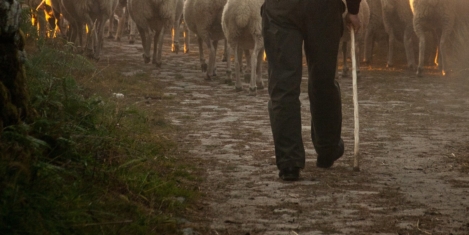To provide the best experiences, we use technologies like cookies to store and/or access device information. Consenting to these technologies will allow us to process data such as browsing behaviour or unique IDs on this site. Not consenting or withdrawing consent, may adversely affect certain features and functions.
The technical storage or access is strictly necessary for the legitimate purpose of enabling the use of a specific service explicitly requested by the subscriber or user, or for the sole purpose of carrying out the transmission of a communication over an electronic communications network.
The technical storage or access is necessary for the legitimate purpose of storing preferences that are not requested by the subscriber or user.
The technical storage or access that is used exclusively for statistical purposes.
The technical storage or access that is used exclusively for anonymous statistical purposes. Without a subpoena, voluntary compliance on the part of your Internet Service Provider, or additional records from a third party, information stored or retrieved for this purpose alone cannot usually be used to identify you.
The technical storage or access is required to create user profiles to send advertising, or to track the user on a website or across several websites for similar marketing purposes.
 Fully remote workers can have a 54 percent lower carbon footprint compared with fully in-office workers, and all forms of remote and hybrid working have the potential to cut emissions, according to a new study from researcher at Cornell University and sponsored by Microsoft. The authors conclude that lifestyle choices and work arrangements playing an essential role in determining the environmental benefits of remote and hybrid work. More →
Fully remote workers can have a 54 percent lower carbon footprint compared with fully in-office workers, and all forms of remote and hybrid working have the potential to cut emissions, according to a new study from researcher at Cornell University and sponsored by Microsoft. The authors conclude that lifestyle choices and work arrangements playing an essential role in determining the environmental benefits of remote and hybrid work. More →





 Over two thirds of UK employees do not feel a sense of connection and belonging at work, according to a new poll from
Over two thirds of UK employees do not feel a sense of connection and belonging at work, according to a new poll from 































September 14, 2023
Is the Flexible Working Bill a game changer or paper tiger?
by Sam Ross • Comment, Flexible working